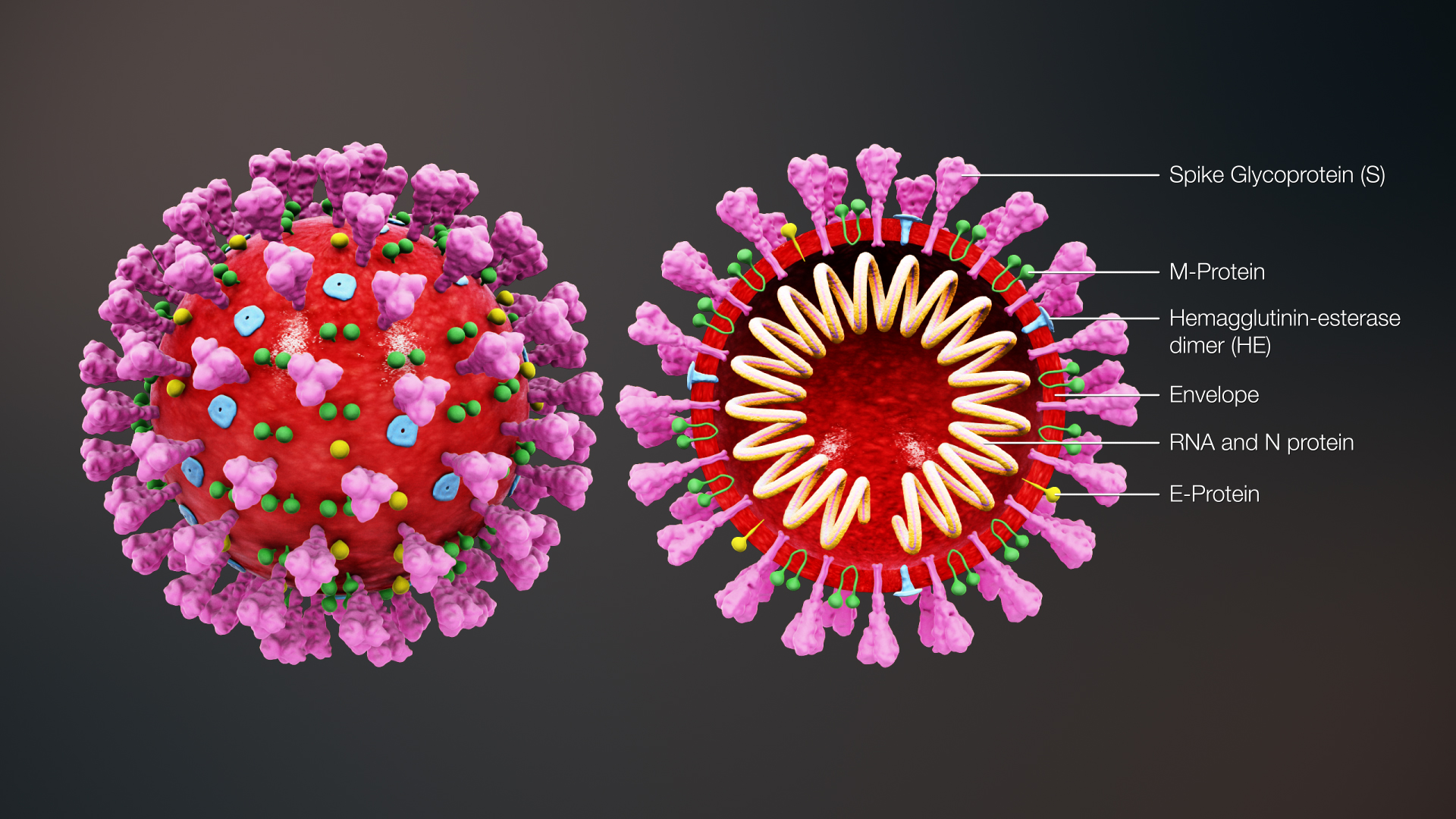Modern living causes many of us to operate in a constant high stress state. Information overload, unrealistic demands for our time or attention, financial uncertainty, safety concerns, and unrelenting day-to-day worries all contribute to a chronic state of stress that places a heavy burden on our bodies.
When stressed, our adrenal glands release a variety of hormones to help us cope with the additional demands of a threatening situation. This is the “fight or flight” response that we are all familiar with from a sudden fright or when we are placed in a highly stressful situation. While this rush of chemicals is essential for our survival, the response is supposed to be short-term, with mechanisms in place to shut off the stress hormones when the immediate danger has passed.
If you are living in a state of constant stress, the adrenal glands continue to pump out hormones to help you. Some physicians theorize that overworking the adrenal glands can result in a gradual fatigue that manifests in a number of non-specific and difficult to diagnose ailments.
When fatigued, the adrenal glands may produce lower quantities of hormones than you generally require. Because the fluctuation in hormone levels is so small, normal blood tests for adrenal gland function may not detect the abnormality and the condition is often overlooked.
Symptoms of adrenal fatigue:
Adrenal fatigue may be responsible for a wide range of seemingly unrelated symptoms. The most frequently reported are:
- Overwhelming tiredness and fatigue
- Generalized muscle aches
- Weight gain (especially around the waist)
- Increased PMS symptoms in women
- Decreased libido (sex drive)
- Poor memory or absentmindedness
- Intolerance to stressful situations
- Frequent flu-like symptoms with slow recovery
- Cravings for salty foods
- Depression
- Dizzy and lightheaded when standing
Diagnosis of Adrenal Fatigue
There is no single diagnostic test for adrenal fatigue. Several tests may be necessary to rule out other conditions of the thyroid or adrenal glands that manifest similar symptoms.
Postural hypotension tests, an AM cortisol test, and ACTH stimulation test can be useful in the diagnosis along with a complete history of symptoms.
Treating Adrenal Fatigue
A large part of treating adrenal fatigue is based on reducing the stressors that are causing it. Lifestyle change tends to be the most immediate and relatively easy treatment, along with modifications in diet and the addition of nutritional supplements to assist your body manage stress and treat some of the specific symptoms you are experiencing.
Hormone replacement therapy with DHEA, Pregnenolone, and Progesterone are often useful and can provide rapid relief from symptoms







